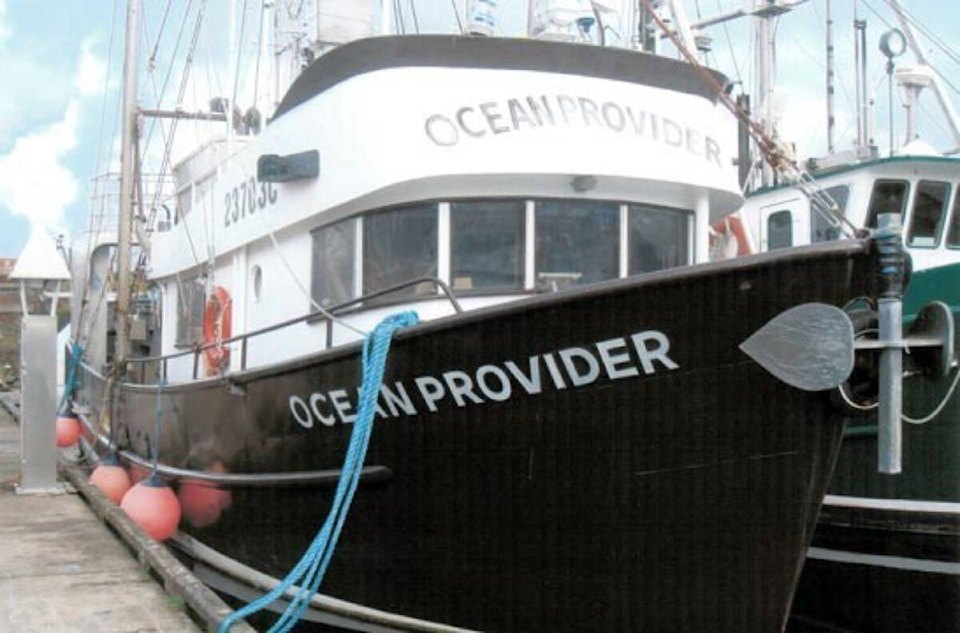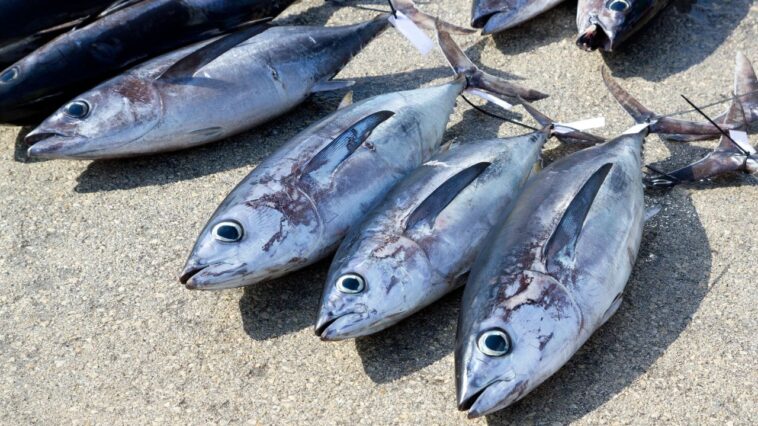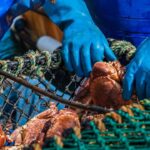Last summer, Fisheries and Oceans Canada (DFO) officials were making a routine inspection of a fishing vessel off the west coast of Vancouver Island when they made a surprising discovery.
The boat, located 42 miles offshore of Barkley Sound, near Bamfield, had 2250 illegally caught albacore tuna on board – about 32,000 pounds of fish that was later estimated to have a value of $127,824.
“If someone decides that they’re just going to fish without a license, that means that they’re taking that resource away from another area or conservation at a higher level.”
Sean Ward, chief of DFO’s Enforcement Operations
On June 28th of this year, a Port Alberni Court found the owners of the vessel Ocean Provider guilty of fishing without a valid licence between July and August 2022 and fined them $6000, according to a recent DFO press release.

The 32,000 pounds of tuna was then left to the DFO officers to decide how to disperse.
“Because of the quantity and the location, they got three bids and sold it,” said Sean Ward, chief of DFO’s Enforcement Operations, to Indigenous news outlet Ha-Shilth-Sa. “The money goes to the Receiver General [of Canada] and is held pending the outcome of the court case.”
“Last thing you want is a resource to be wasted by expiring.”
Sean Ward, chief of DFO’s Enforcement Operations

He explained that the DFO can also decide to distribute the catch to local communities, depending on community interest and other factors.
“Last thing you want is a resource to be wasted by expiring,” said Ward to Ha-Shilth-Sa.
Ward also warned that poaching puts conservation measures and coastal communities at risk. “If someone decides that they’re just going to fish without a license, that means that they’re taking that resource away from another area or conservation at a higher level,” he stated.

Fisheries and Oceans Canada asks members of the public with information about illegal fishing in B.C. to call the agency’s Pacific region reporting line at 1-800-465-4336 or email details to [email protected].





$6K is a rather piddly fine!